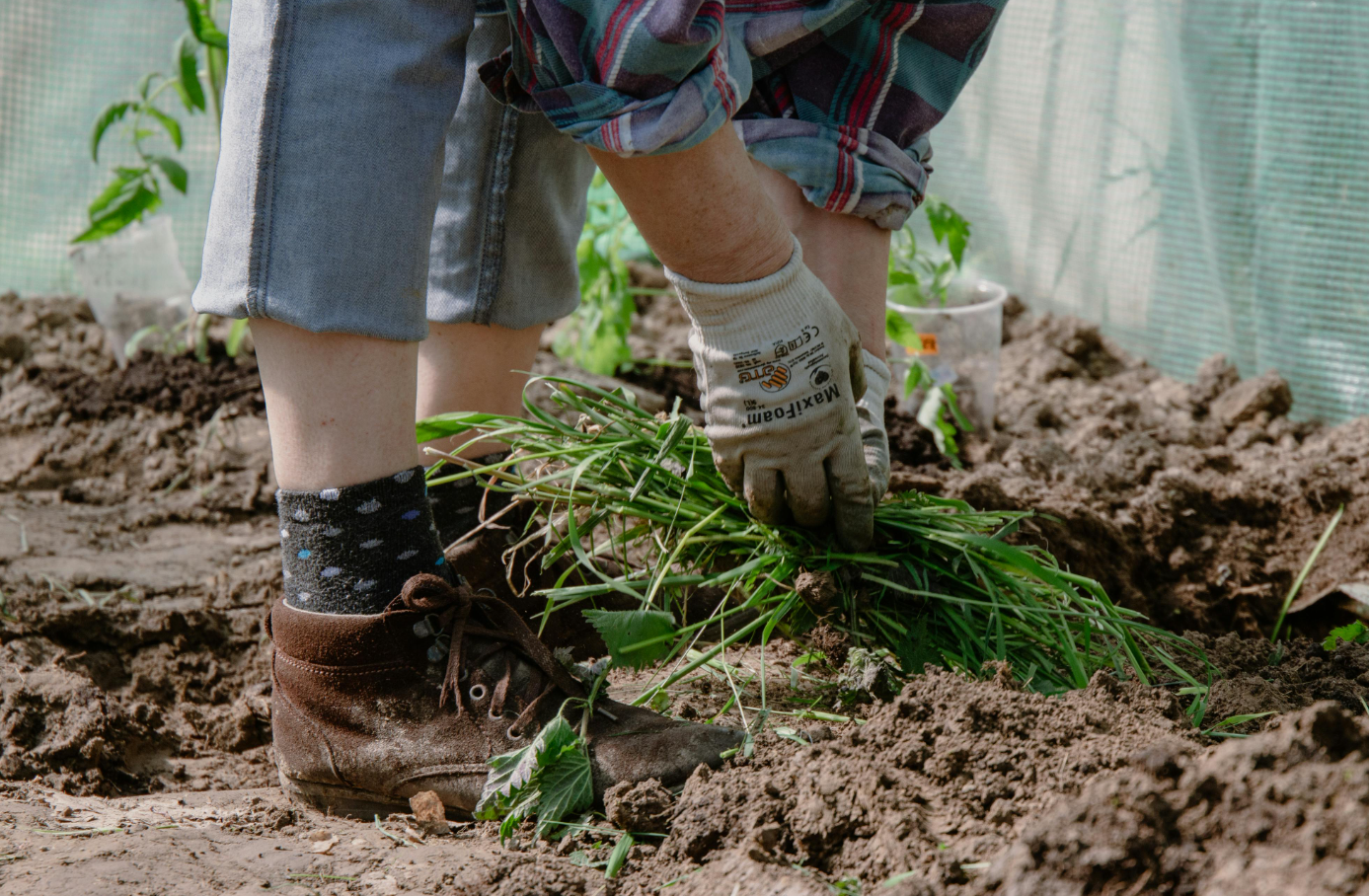Have you ever envisioned a garden that enhances the beauty of your home while also promoting environmental health? Sustainable gardening aims to create vibrant, thriving outdoor spaces with minimal environmental impact. By adopting eco-friendly practices, you can conserve resources, reduce waste, and support local biodiversity in your backyard.
Advantages of Eco-Friendly Gardening
Choosing sustainable gardening techniques offers numerous benefits. Firstly, it helps in conserving essential natural resources like water and soil. By using organic mulch, harvesting rainwater, and selecting drought-tolerant plants, you can significantly lower water usage.
Additionally, sustainable gardening fosters biodiversity by providing habitats for beneficial insects, birds, and other wildlife, thus maintaining a balanced ecosystem and reducing the need for harmful pesticides.
Sustainable gardening also improves soil health. By avoiding synthetic chemicals, you maintain a natural balance in the soil, promoting the growth of healthy plants. Healthy soil, in turn, supports robust plant life, which can better resist pests and diseases without chemical intervention.
Furthermore, eco-friendly gardening reduces waste through composting and recycling organic matter back into the soil, creating a more self-sustaining garden environment.
Core Principles of Sustainable Gardening
Organic Gardening: Avoid using synthetic fertilizers and pesticides. Instead, enhance soil health and control pests through natural alternatives like compost and beneficial insects.
Water Conservation: Reduce water wastage by using rain barrels, drip irrigation systems, and drought-resistant plants that require less watering.
Native Planting: Choose plants that are native to your area. These plants are adapted to local climate and soil conditions, needing less maintenance and resources.
Tips for Creating an Eco-Friendly Garden
1. Start Composting: Convert kitchen scraps and yard waste into nutrient-rich compost to feed your garden, reducing the need for chemical fertilizers.
2. Use Smart Planting Techniques: Practice companion planting to naturally deter pests and boost plant growth. Rotate crops regularly to prevent soil depletion.
3. Implement Eco-Friendly Pest Control: Attract beneficial insects like ladybugs and lacewings. Use physical barriers or natural repellents to minimize pest damage.
Designing a Sustainable Garden
When planning your garden, focus on water efficiency, soil health, and appropriate plant selection. Use a diverse mix of flowers, vegetables, and native plants to support pollinators and beneficial insects.
Incorporate permeable surfaces like gravel paths and rain gardens to reduce runoff and recharge groundwater. Add features such as bird baths and bee hotels to attract wildlife and enhance biodiversity.
In addition, consider integrating sustainable structures into your garden design. Raised beds can improve drainage and reduce soil compaction, making it easier for plants to grow. Green roofs on sheds or garden buildings can help insulate the structures and provide additional green space for planting.
Overcoming Challenges in Sustainable Gardening
While sustainable gardening has many benefits, it also presents some challenges. The initial cost and effort of setting up water-saving irrigation systems or creating composting areas can be high.
Additionally, ongoing maintenance and monitoring are crucial to ensure these sustainable elements continue to function effectively and support plant health and biodiversity.
Education and patience are key to overcoming these challenges. Learning about the best sustainable practices for your specific region and garden type can help you implement effective strategies.
Patience is required as you transition to sustainable methods, as it can take time for the benefits to become fully apparent.
Conclusion
Sustainable gardening is more than a trend; it’s a lifestyle choice that benefits both your garden and the environment. By integrating eco-friendly practices into your gardening routine, you can create a beautiful and sustainable outdoor space.
A space that supports local wildlife, conserves resources and helps create a healthier planet for future generations. Whether you are a seasoned gardener or just starting, embracing sustainable gardening practices can lead to a more fulfilling and impactful gardening experience.
By working with nature rather than against it, you can cultivate a garden that is not only beautiful but also resilient and beneficial to the broader ecosystem.




